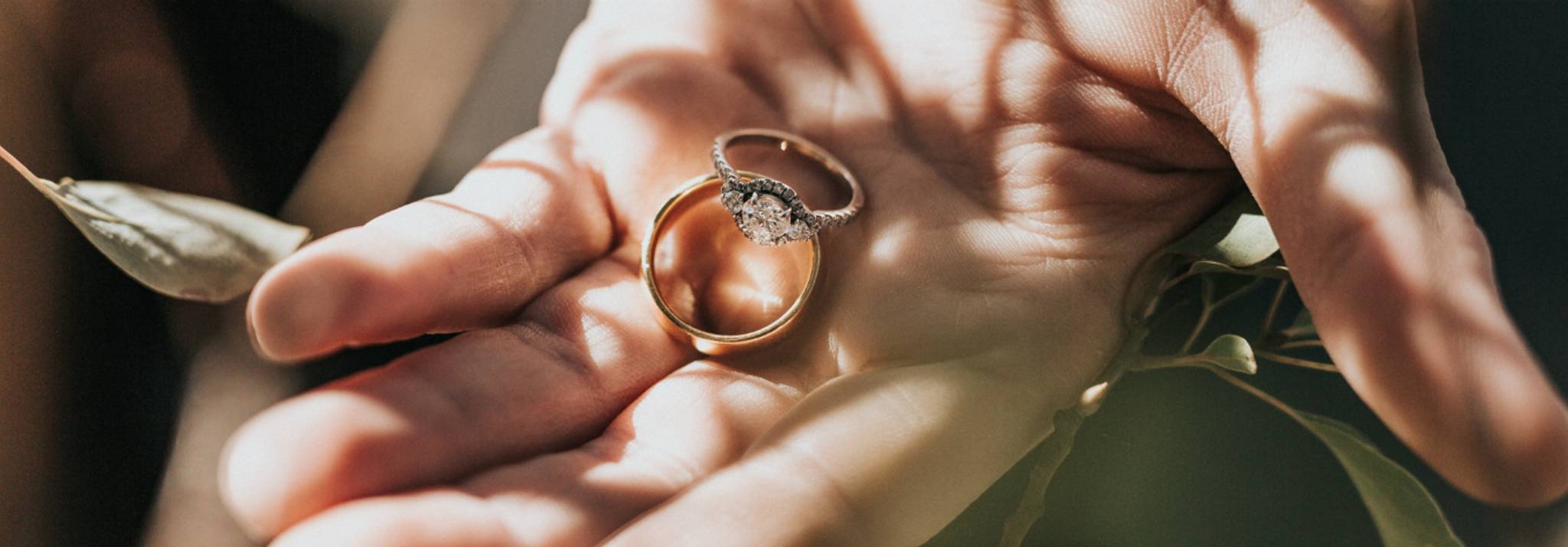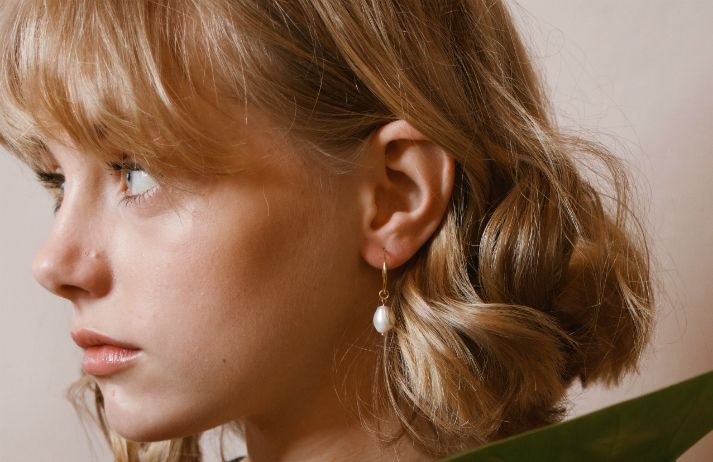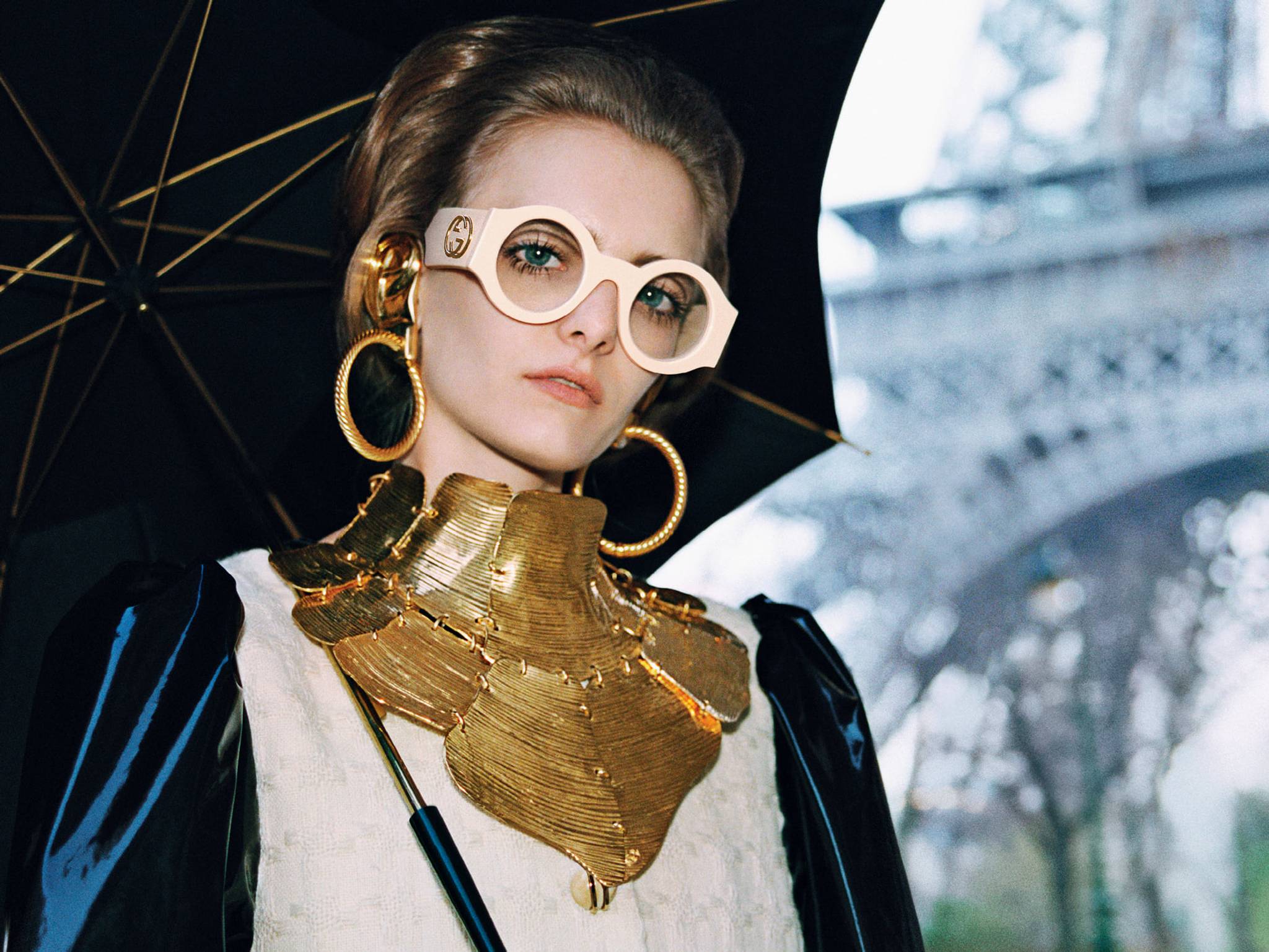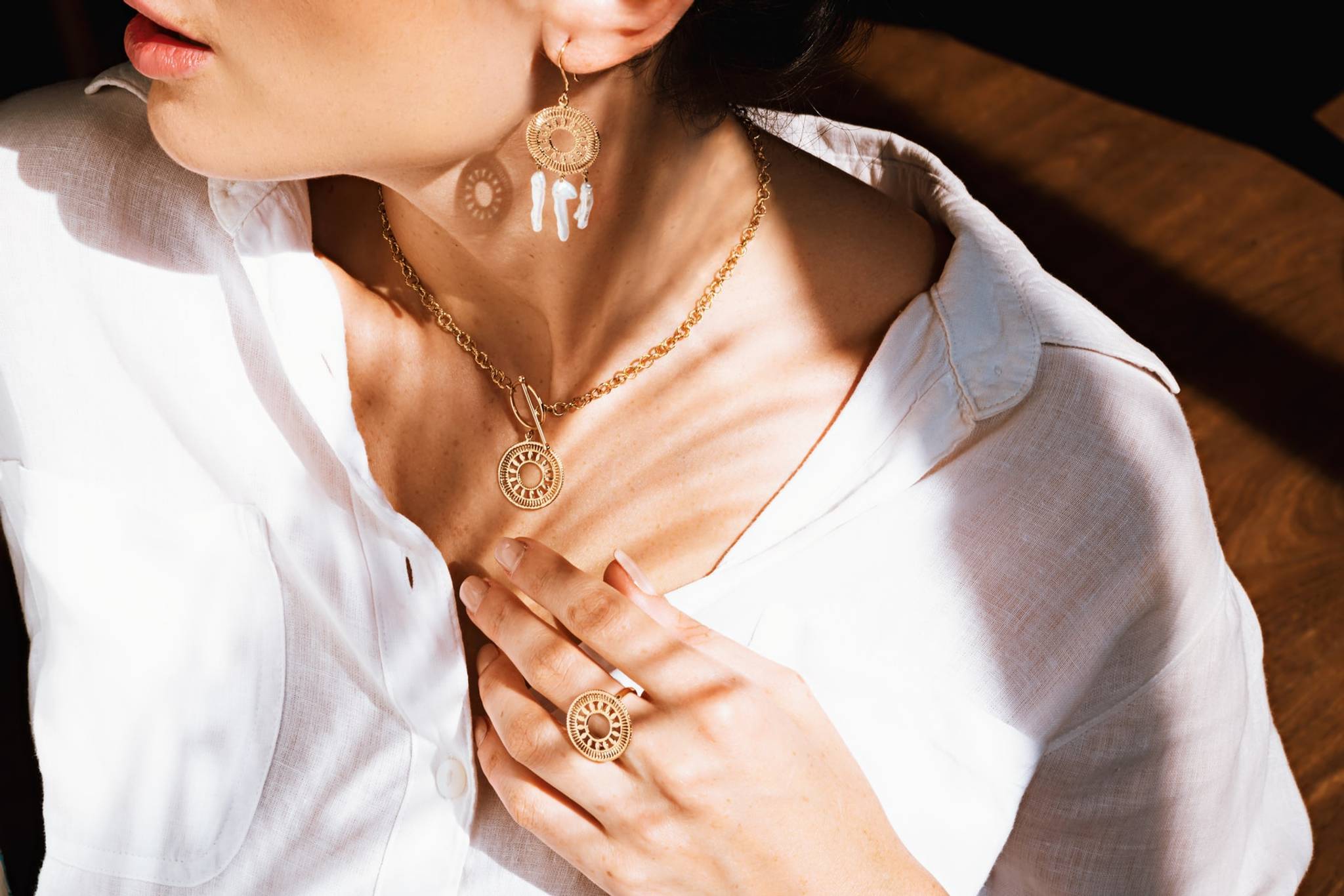
From Cartier bracelets to emerald-cut diamonds, the sale of jewellery is on the up and breaking records. In the pandemic era of economic uncertainty and emotional negativity, luxury buyers are finding financial security – and a mood boost – in investment jewellery pieces. We explore the insights behind why gems have gained some shine for HNWIs in the pandemic.
Jewellery and gemstones are piquing the interest of luxury buyers, with one emerald-cut 28.86-carat D-colour type-IIA diamond selling for a record-breaking $2.1 million at Christie's online auction in June 2020. This figure was no fluke, and Christie’s reports that there was an unprecedented interest in the sale, with daily visitors to the site being 70% higher than they were in June 2019. Another auction house, Sotheby’s, reported that half of their most valuable lots sold online in 2020 were jewels. “During the pandemic, discretionary spending has shifted away from luxury holidays, couture and high-end accessories to jewellery, diamonds and gemstones as a store of wealth, a hedge against possible inflation, an undeniable mood-lifter and a memento that can be passed down,” says Graeme Thompson, worldwide head of jewellery at auctioneers Phillips.

The pandemic has been more than a health crisis – it's been a financial one as well. With 90% of Americans feeling anxious about money due to the pandemic, it makes sense that those with some cash to splash are seeking alternative investments. Not only can gems provide comfort in a crisis, but they also act as a way of safe-keeping wealth, a tangible investment to help HNWIs weather the recession. As people come to associate luxury jewellery with stability, security, and longevity, there’s room for brands to position them as such. As Chaumet’s CEO Jean-Marc Mansvelt says, “our perception is that there is a desire to cling to something tangible.”
Isabel Evans is a behavioural analyst at Canvas8. Fascinated by how and why people do things, she has an MSc in cognitive and decision sciences from UCL. You can often find her drinking endless coffees, running around Regent’s Park, or delving into a book.



